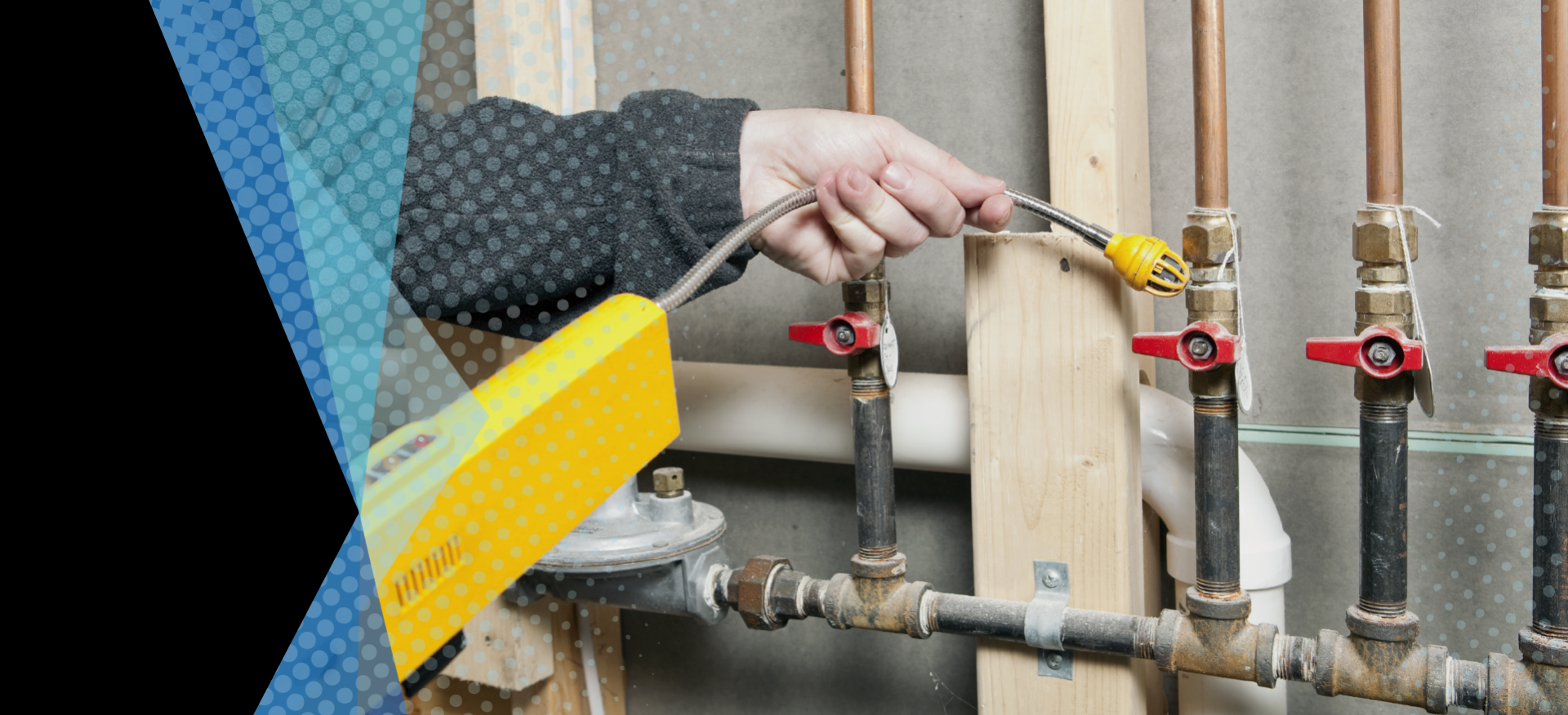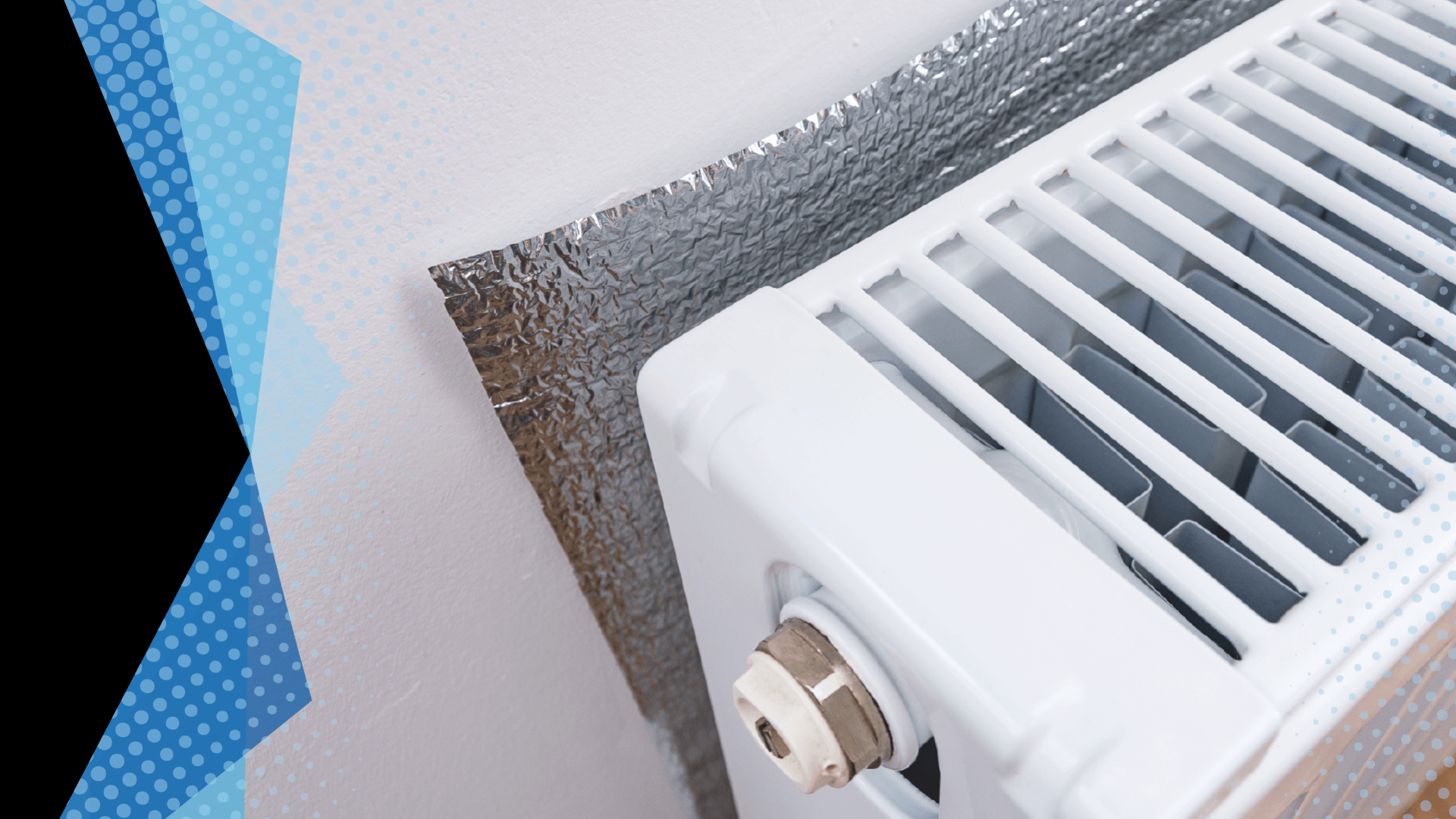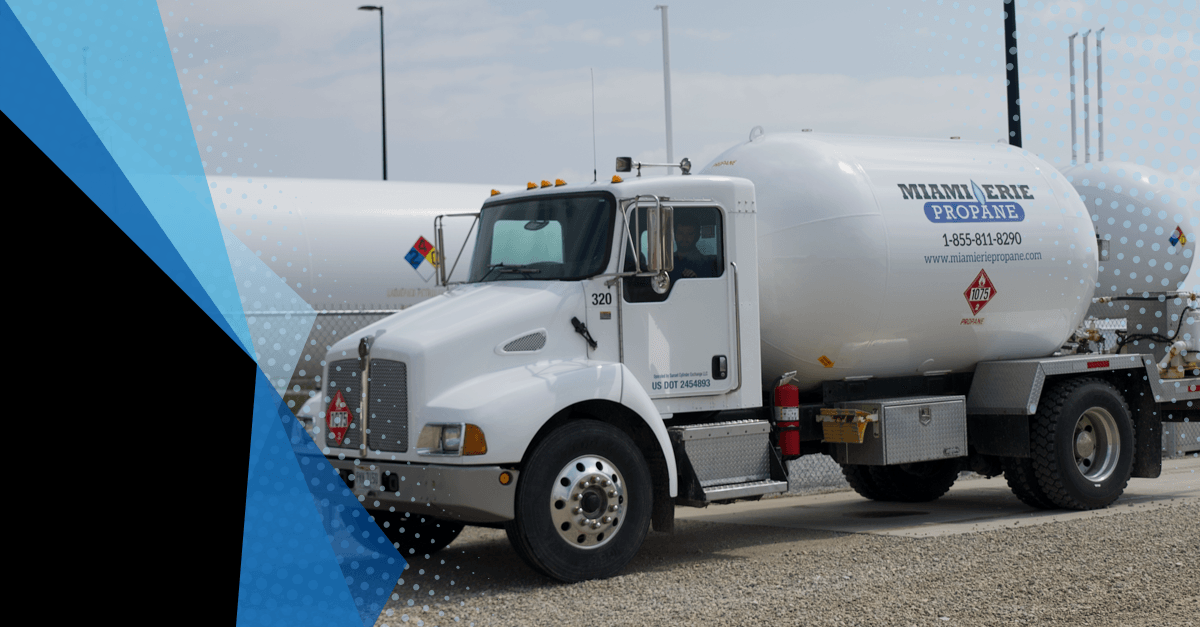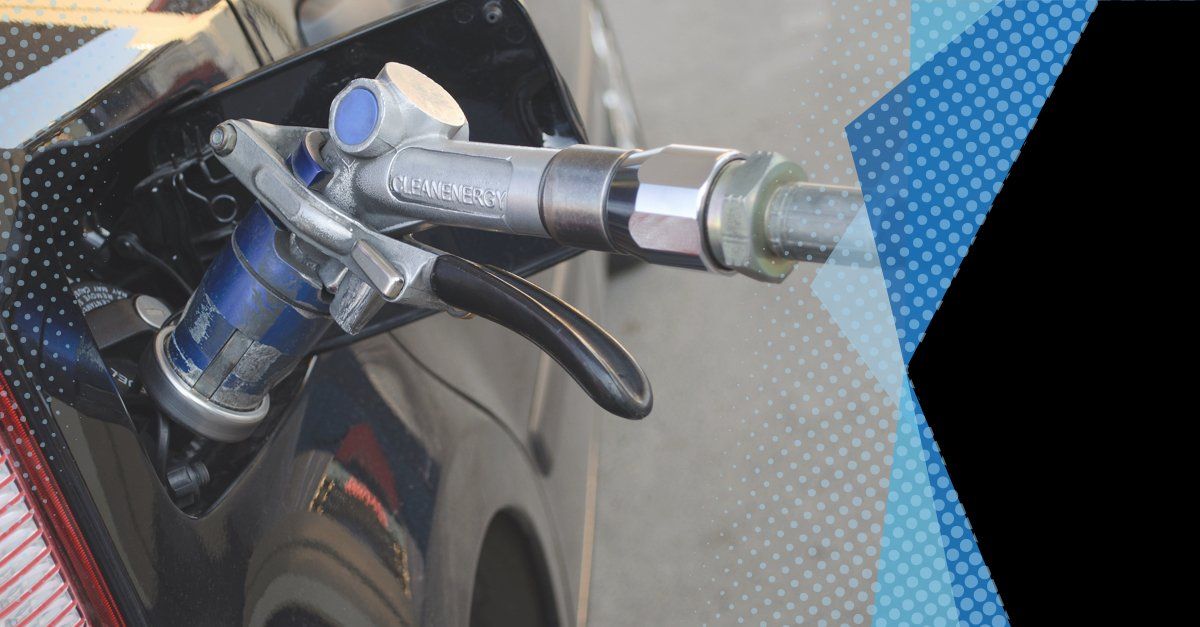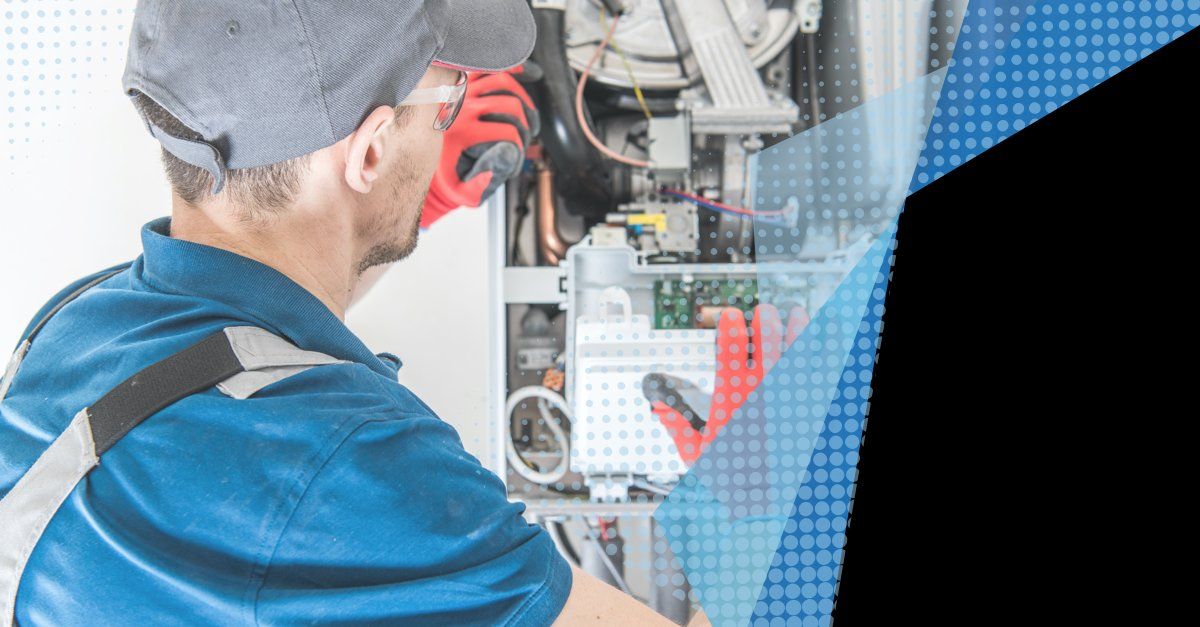How Safe is Propane?
Stay Safe with Miami Erie Propane!
As with all flammable gasses and liquids, propane has the potential to ignite and combust at a rapid rate. But just how often does this happen in a way that is dangerous to owners of a home or corporate office? Fortunately, it is not as frequent as we see in action movies and video games, but it can happen. Since the beginning of 2020, there’s only been seven propane explosion incidents across the world. Although incidents are few and far between, we’ll talk about some of the ways that propane can be dangerous and the best ways to prevent threats and handle them should they occur.
The first safety concern is the maintenance of a propane tank. Propane tanks are highly durable and include safety precautions, but if a tank is mis-used or damaged, it can increase the risk of a leak. Outdoor leaks are dangerous mainly because the gas can come into contact with an ignition source and catch flame. When outdoors, there is low risk of propane causing oxygen deprivation if breathed in for too long, but it is still best to stay away from the tank if you believe there is a leak. If you do believe your tank or gas line is leaking, you should call a propane expert immediately.
The main ways to prevent leaking is to never let your tank fall below 20% capacity for too long as this can cause rusting internally, make sure the tank is below 80-85% capacity after it is refilled so the LPG has room to expand under different temperatures, and to have a propane expert check the condition of the tank on a consistent basis. Ask your propane provider if they have a service agreement and automatic refills. These will set you up with periodic safety checks and will allow for the remote monitoring of your tank’s level so that more LPG can be delivered automatically when the tank is low. Doing so ensures that your tank is well looked after and stays in peak condition.
One other point of maintenance is to check your tank after large storms and to clear off any snow or debris that might have fallen around your tank. Make sure not to use metal to move debris or snow, as it can cause damage to your tank by scratching or puncturing it.
The other side of propane gas to keep an eye on is the dispensing of the gas into a building for heating and other energy purposes. Older propane heaters have a pilot light, and should a pilot light go out or a stove’s gas be left on without ignition, propane gas can fill the space and cause dangerous conditions for those that are present. In indoor instances like this, ignition is definitely still a possibility, but now the oxygen deprivation issue can be a lot worse. What makes this even more precarious is that not everyone can smell the rotten egg odor that is mixed in with propane (this is especially true at older ages). One of the best ways to combat indoor leaks is to install a propane monitor in the home to provide a more reliable indicator of when propane is leaking. Propane monitors work very similar to smoke detectors and carbon monoxide detectors, and we highly recommend installing one if you’re using propane to heat your home.
Should you discover a leak in your property, it is best to extinguish all flames that are near you, refrain from turning on lights and electronics as they can cause sparks, and evacuate the premises quickly with everyone else in the building until a propane professional can arrive to safely handle the situation. It is not recommended to re-ignite the pilot light yourself, especially if you are smelling or did smell propane in the home! As you’d expect, gas can continue leaking out of a non-lit pilot light, so you’ll want to contact a professional right away to make sure gas hasn’t built up before the pilot light is relit.
So, yes, propane can cause risk of harm, explosions, and fire, but this is largely a rare occurrence and a product of its usefulness as a fuel. With general maintenance, safety procedures, and knowing when to ask for expertise, propane can be among the safest ways to fuel your property. Utilize these tips, and you should be in the best possible shape to safely and efficiently use propane. The body content of your post goes here. To edit this text, click on it and delete this default text and start typing your own or paste your own from a different source.
